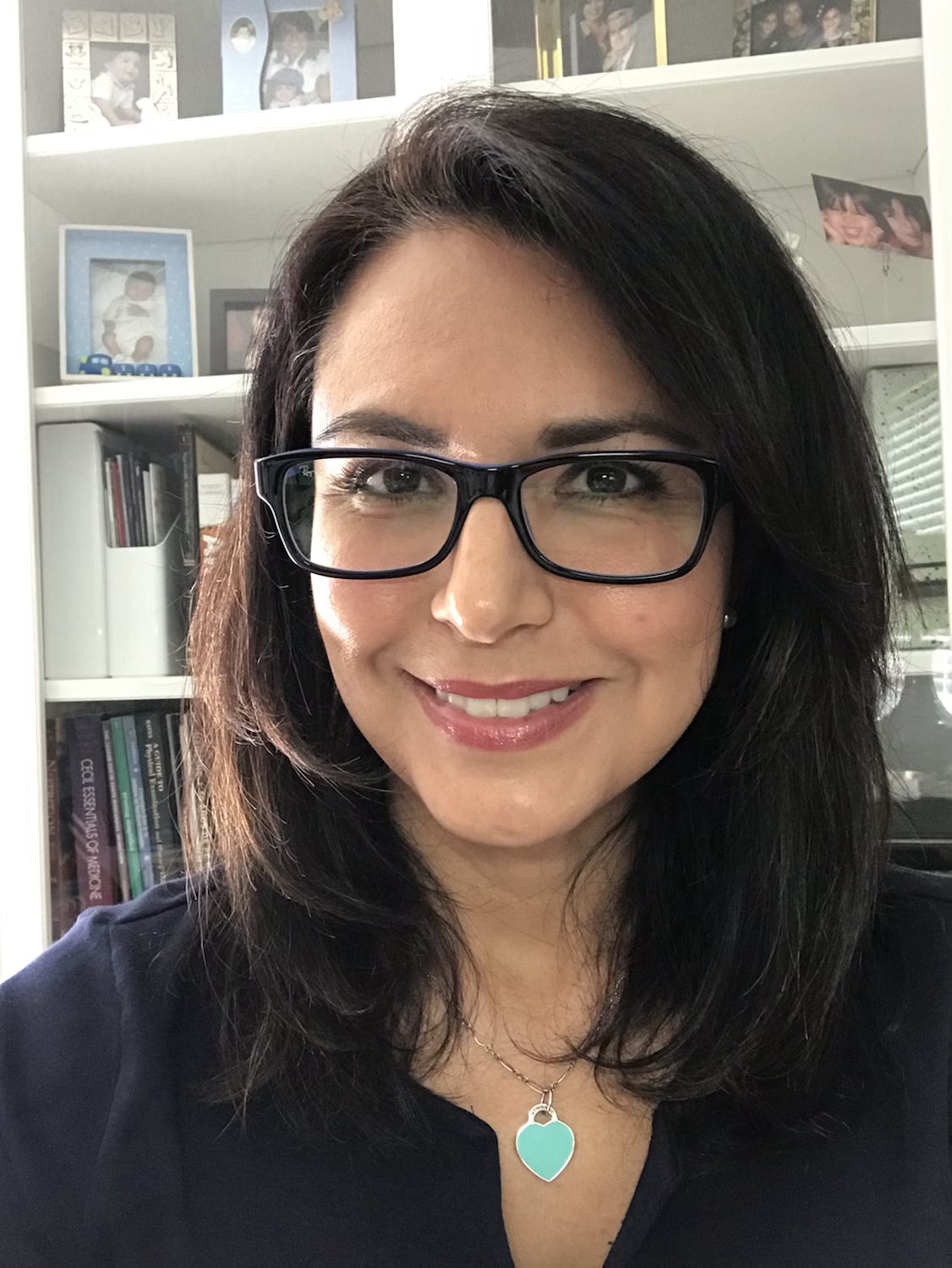- Veronica Trevilla
- Sep 2, 2024
- 4 min read

Settling Into New Routines
I don’t know about you, but I’ve always been so grateful for the long Labor Day weekend that culturally marks the end of summer here in the Northern Hemisphere. I love that it also coincides with the beginning of a new school year (usually within a week or two). And whether your life still adjusts around a school year (being a mom, teacher, or student) or using Labor Day to re-set and ponder the last 90 days of the calendar year, you are likely shifting into new daily routines.
This time of year is the perfect time to reset and reorganize ourselves into routines that support finishing the calendar year and feeling accomplished without feeling exhausted. You know that exhausted feeling you have once the Holidays are wrapping up and you feel like you’ve been going 90 miles an hour with little to no sleep and little to no time for self-care.
Creating purposeful morning and evening routines helps us manage school drop-offs, navigate extra traffic to work and home again, create earlier bedtimes, juggle kids’ activities, attend open houses, and yet still work in time for self-care, work, mom responsibilities, and even keep social time and fun in our lives. But oh my, all that sounds so overwhelming!
So…you pull out your calendar, planner, email inbox, and texts and start to fill in the blanks.
Inevitably, when I get to this part I immediately start to feel like there are not enough hours in the day for all I want to accomplish. Sound familiar?
So I always ponder the question when the school year starts, how can I transition from a relaxed summer mindset to one of confidence, discipline, productivity, and yes, even leave some room for fun and the joy of living in the present?
For me the answer lies in starting with answering the most important question: What can I do now or daily that will make my life easier? Your answer will be unique to you and your situation, but for me, I know I’ve always felt most grounded when I have a morning ritual for myself that feeds my soul and gives me space for spiritual practice, self-reflection, and some form of movement.
Sounds like a lot to fit into a short period, but if I wake up when I tell myself I should, then it all runs smoothly. The problem is, that waking up on time is 100% dependent on falling asleep on time so that I’m rested enough to stay consistently on point with my routine. When I give up sleep time, I can sustain the morning routine for a few days or even a week. But it comes at a terrible cost. Quickly I fall off the wagon, take shortcuts that later I regret, start to feel exhausted which quickly leads to burnout, and before I know it self judgment, self-loathing, feelings of failure creep in quickly.
This leads me to my 3 pillars for Focus and Executive Function: Sleep, Study, and Select. In that order, the 3-S system supports your goals, supports your journey, and helps remind you where you can quickly and easily jump back on the proverbial wagon.
Sleep. The magic number of hours for each of us is unique. I used to be fine with 7 hours, but after my recent diagnosis with Grave’s disease, 8 hours feels much more necessary. Science tells us that most healthy adults need 7-9 hours to function optimally the next day. So whatever your magic number of sleep hours is for optimal health and mental well-being, cater your nighttime routine with sleep being your priority.
Study. Journal your thoughts, write your task lists, and fill in your calendar. Then go back and study it daily, several times a day. Without consistently studying your thoughts, goals, and reflection, you will easily lose sight of your goals and allow external distractions to pull you off course more easily.
Select. Select the most important habits that are going to make the rest of your life easier for you and choose to focus your energy there. I recommend starting off focusing on just one root habit at a time. You do not need to create a routine of 10 new habits to hone all at once. Just select one per week or one per month if you’re slower to change like I am. Making just one small adjustment at a time will yield monumental results in your life over time.
As you settle into the last 90 days of the year, create morning and evening routines that are flexible and practice them. It will take time, so please show yourself some patience and grace. It’s not about perfection. It’s about progress.
Happy Labor Day!
If you’re serious about finishing 2024 strong and are curious about how to work with me, shoot me an email, and let’s schedule a time to talk. veronica@focusedmindcoach.com.
I will work with you 1:1 to guide you to a new level of focus and productivity, spirituality, and better mental and physical health.


